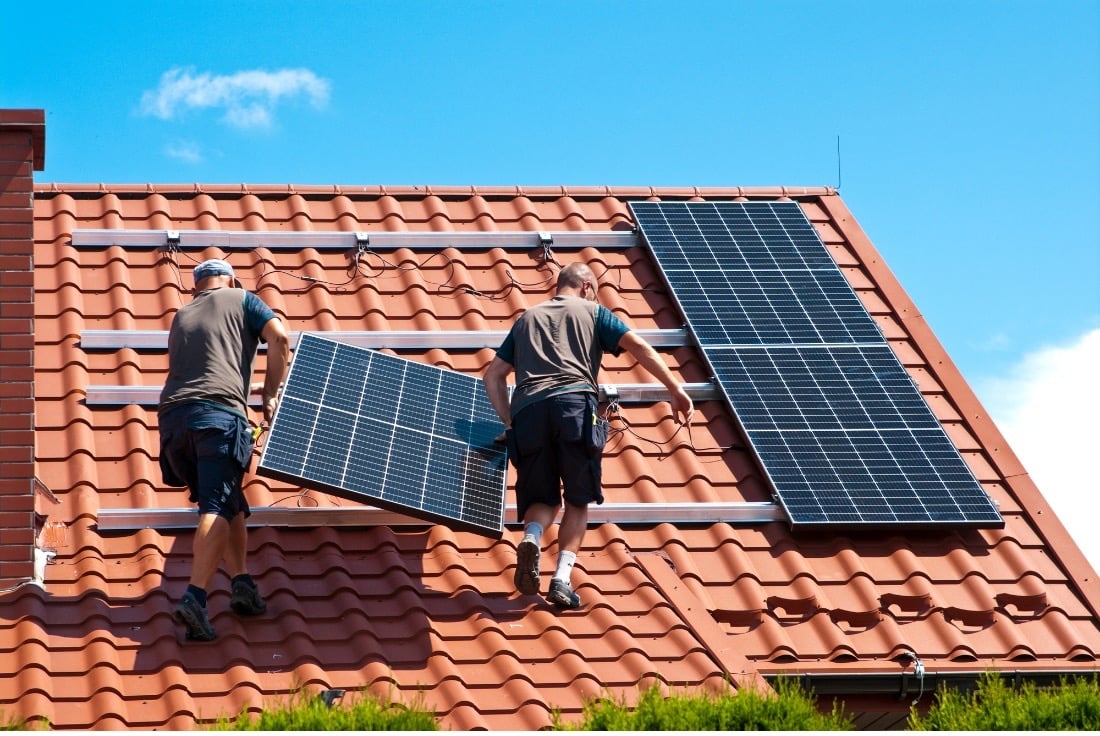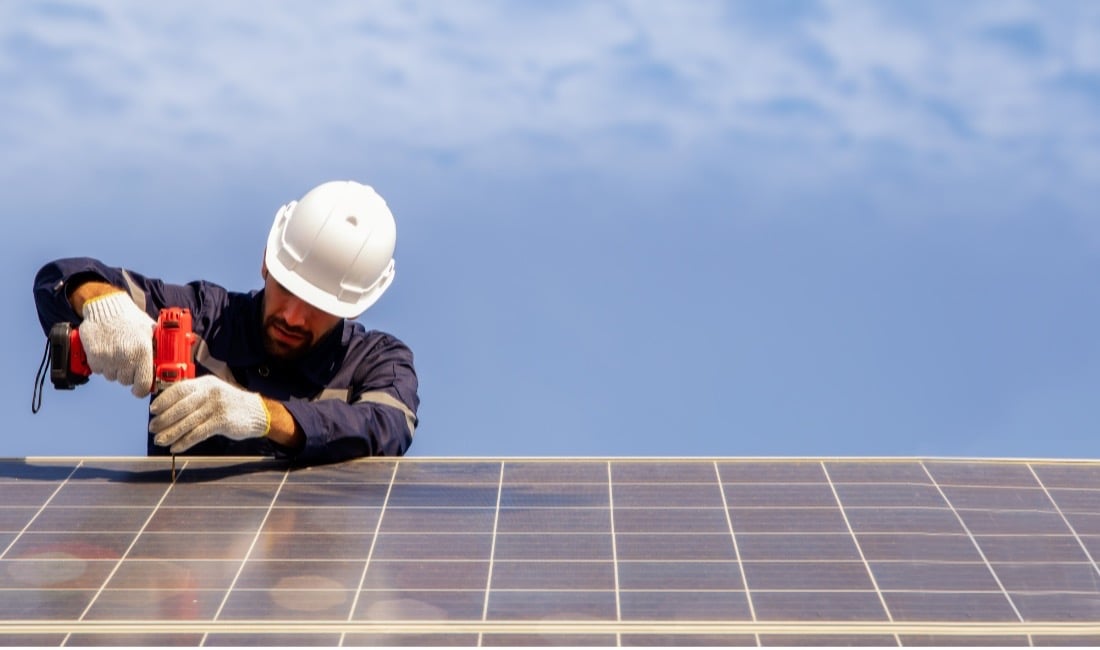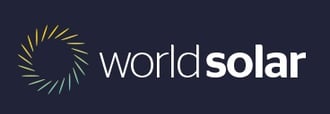
Sustainable living is at the heart of most modern innovations, thanks to the recent shift in consumer needs. More people are moving towards green energy, with solar power sources among the leading solutions.
In 2022, about 87% of electricity in New Zealand was generated from renewable sources. With the country working towards reducing reliance on fossil fuels, this is a promising start.
Solar power systems have become more popular in recent years due to their reliability and low maintenance costs.
But what should you consider before investing in one? Let’s explore
everything you need to know about these solutions.
What Does A Solar Power System Entail?
Before starting a solar power project, there are a few things you’ll need to understand, from the components to the installation process. Some of the main components include:
- Solar Panels
Solar panels are designed to capture the sun’s rays and convert them to usable electricity. They come in different wattages depending on the intended purpose.
- Storage Batteries
While the power from the solar panels is usable, it is important to store it to enhance the system’s reliability. Solar power storage batteries will do the job, and they also come in different capacities.
- Battery Charge Controller
A battery charge controller is a device that regulates the charging of batteries by solar panels and prevents overcharging or deep discharging. This ensures the longevity and efficiency of the battery bank.
- Inverter
For you to use solar energy on your day-to-day appliances, you must convert the direct current (DC) to alternating current (AC). An inverter is designed to do this conversion and produce a given amount of power.

What To Consider Before Installation
Now that you understand the components you’ll need for your solar installation let’s explore various considerations:
- Sunlight Availability
The first thing you should take into account is the amount of sunlight your location receives. A solar power system thrives in areas with high sun exposure and daylight hours. The more sun rays the solar panels absorb, the more power they’ll generate.
So, make sure your desired installation site isn’t shaded by nearby structures. Clear any trees that may reduce your panels’ sunlight exposure.
- Roof Inclination
Apart from possible barriers around your home, the roof’s inclination also determines the success of the project. You must use a roof inclined in such an angle that allows the solar panels to receive adequate solar radiation. In most cases, the angle should be around 45 degrees relative to the horizon.
While at it, you should also ensure the roof is in good condition. Assess its structural integrity to support the weight of solar panels.
- Your Energy Requirement
Understanding your energy consumption patterns is fundamental. How much power do you use every month? Review past utility bills to gauge your usage and determine the size of the solar power system that’ll comfortably serve your home or commercial property.
As mentioned earlier, solar panels, storage batteries, and inverters come in different sizes. Therefore, you must select components that match each other’s capacities.
For instance, the solar panel’s wattage should generate enough current to charge the batteries. The inverter should also provide adequate voltage to serve all your appliances. This step is key to maximizing the benefits of your solar investment.
- The Total Budget
How much are you planning to invest? While your energy requirements should be one of the main guiding factors, you’ll still need a solar power system that doesn’t break the bank.
The cost of installation will depend on the size of the components and the type of system – grid, off grid, or hybrid.
An off-grid system would cost more than its grid-connected and hybrid counterparts simply because of the backup batteries. You’ll need high-capacity storage for such a system since your appliances rely entirely on it.
As for the components, choose the size that suits your needs but doesn’t strain you financially. Not sure how to go about this step? Consult an experienced installer before shopping for any of the requirements.
- Regulations And Permits
Solar power installation regulations may vary with each region, but they all serve the same purpose: consumer safety. For instance, your project must comply with PV installation standards. As such, it’s important to check with your local authority before commencing your installation.
Conclusion
Installing solar panels is a huge step toward a sustainable and eco-friendly lifestyle. But before you start your project, you need to consider a few factors. Sunlight availability, the roof’s orientation, energy requirement, and regulations are among the main things to keep in mind.
If you'd like to know more about installing solar panels for your property please contact World Solar for more information on 0800 876 527 or book a consultation by clicking on the button above.







